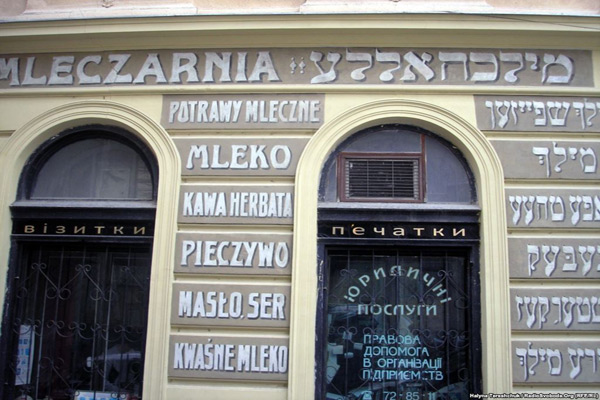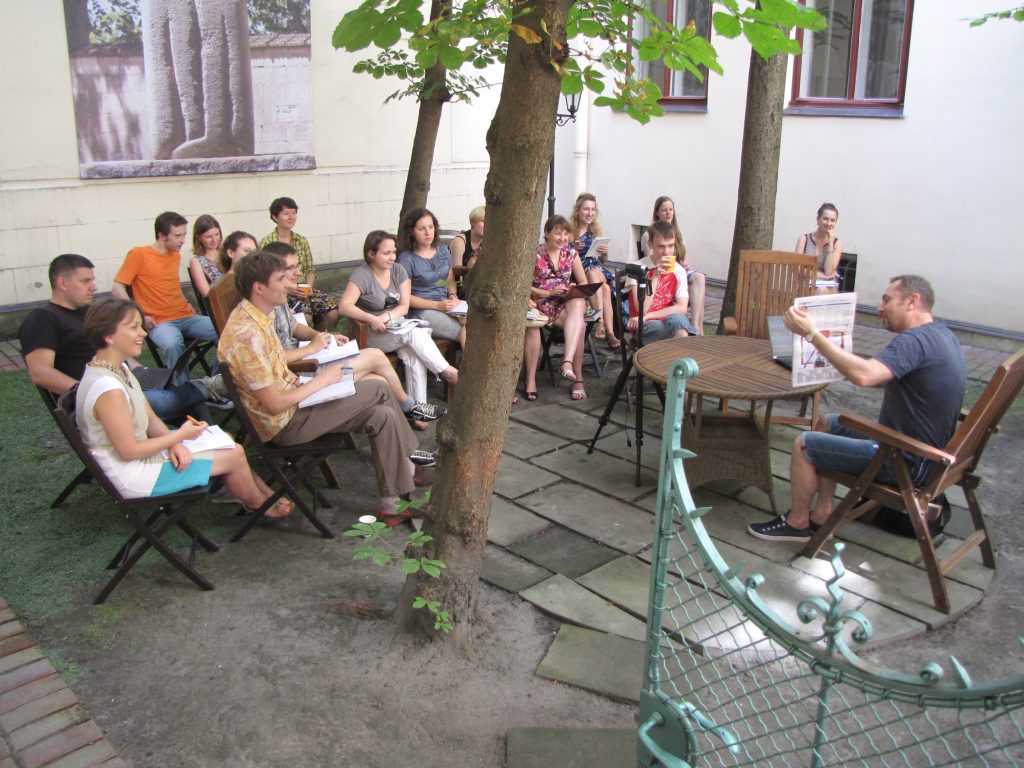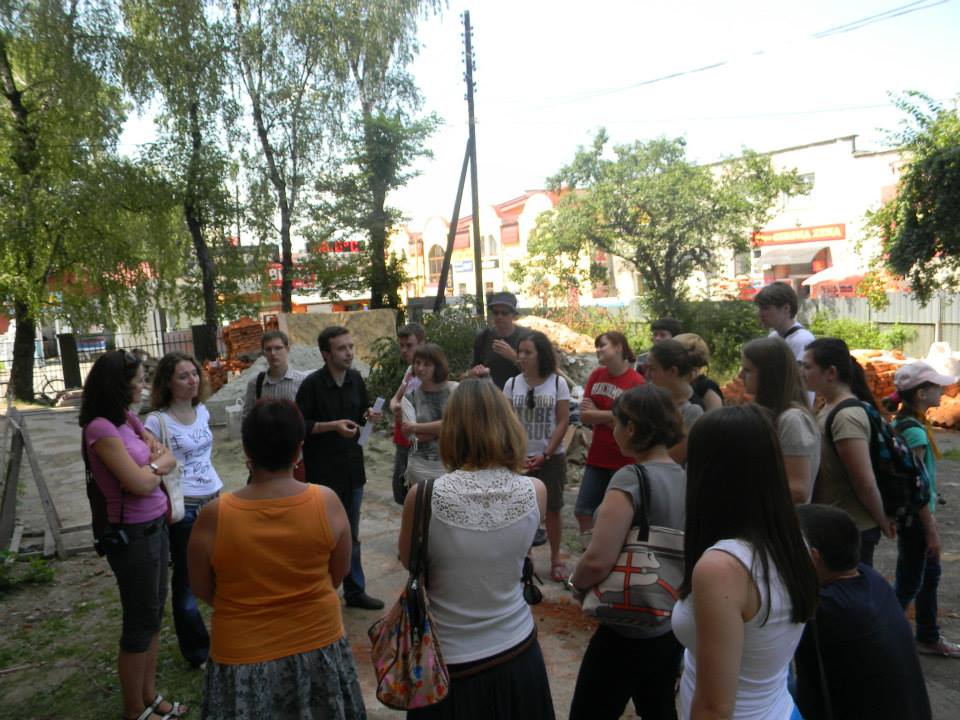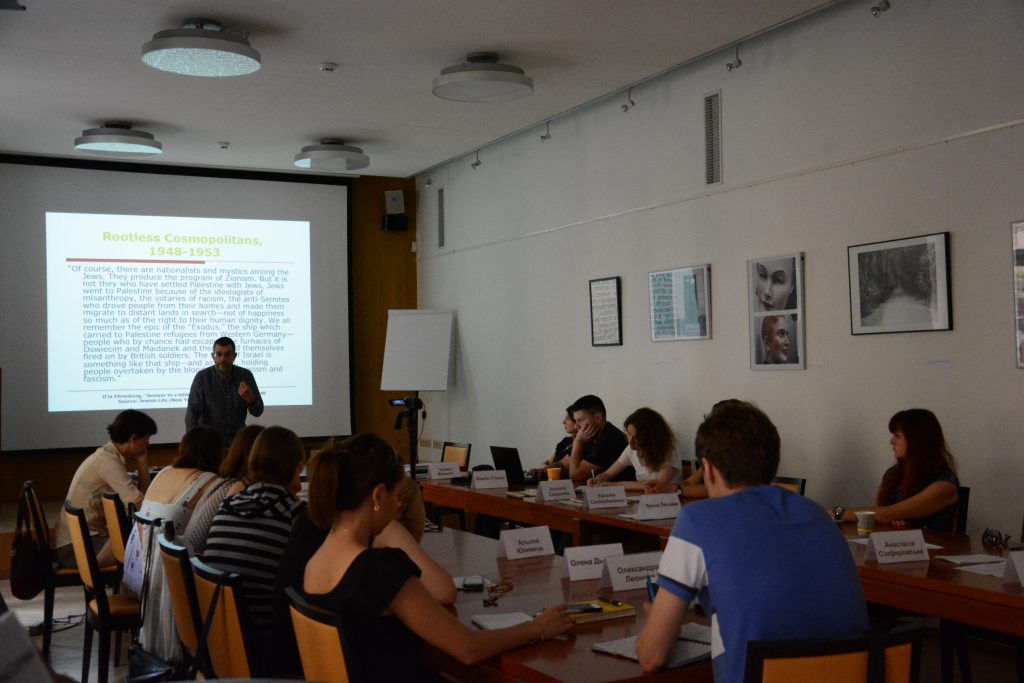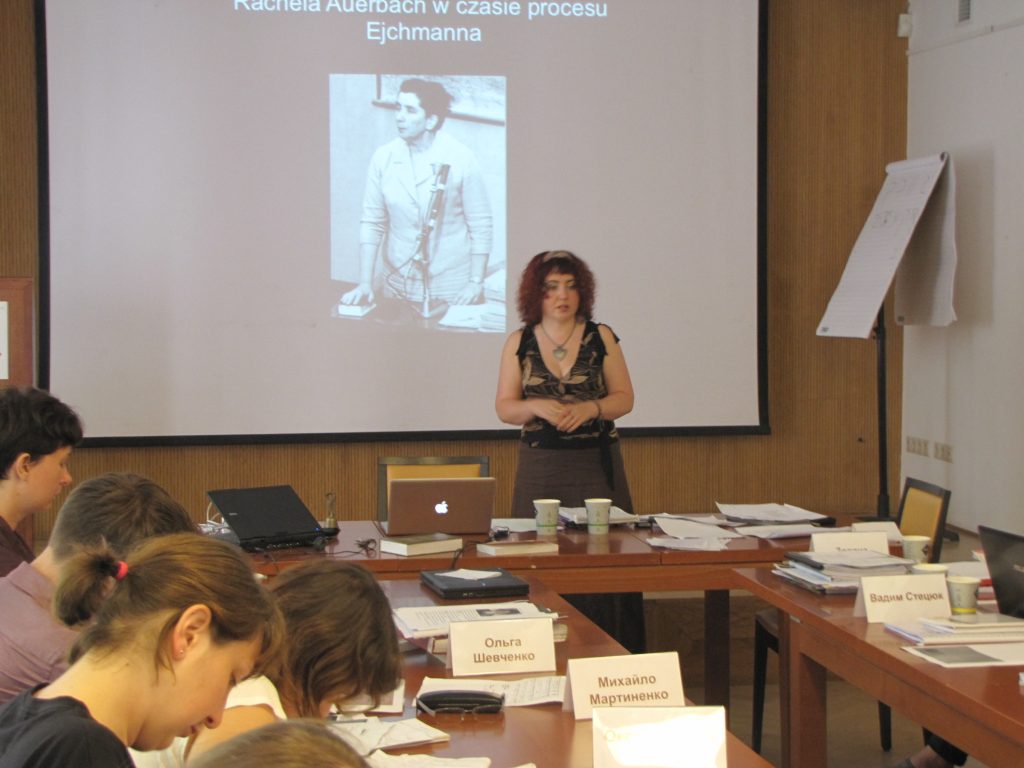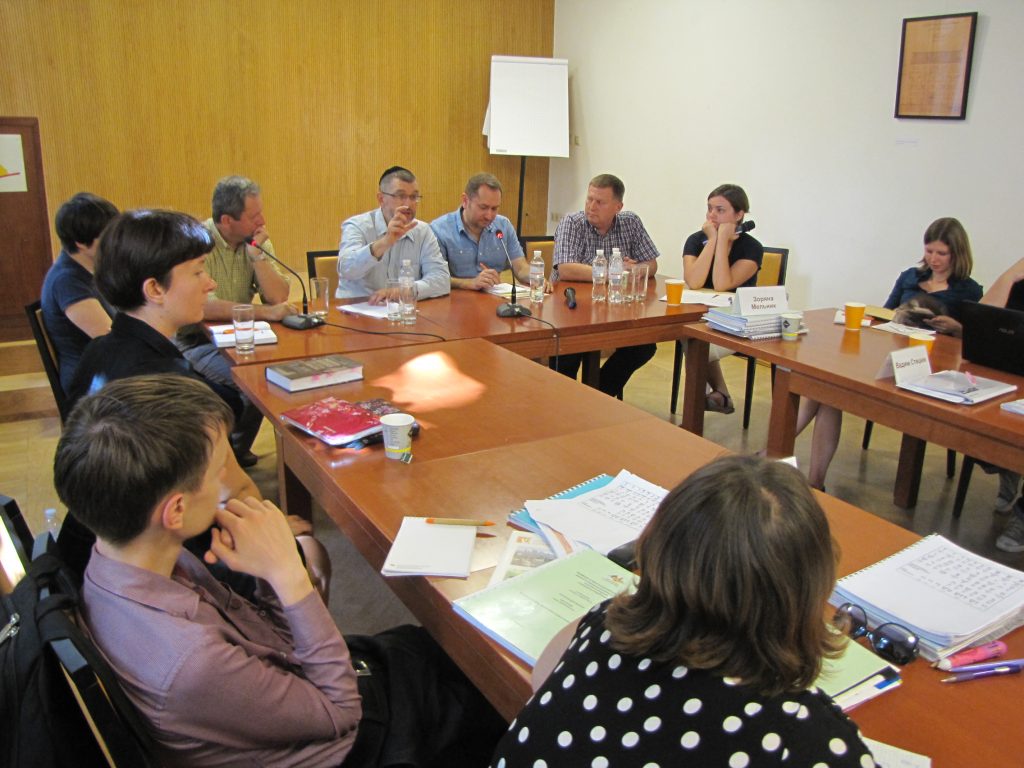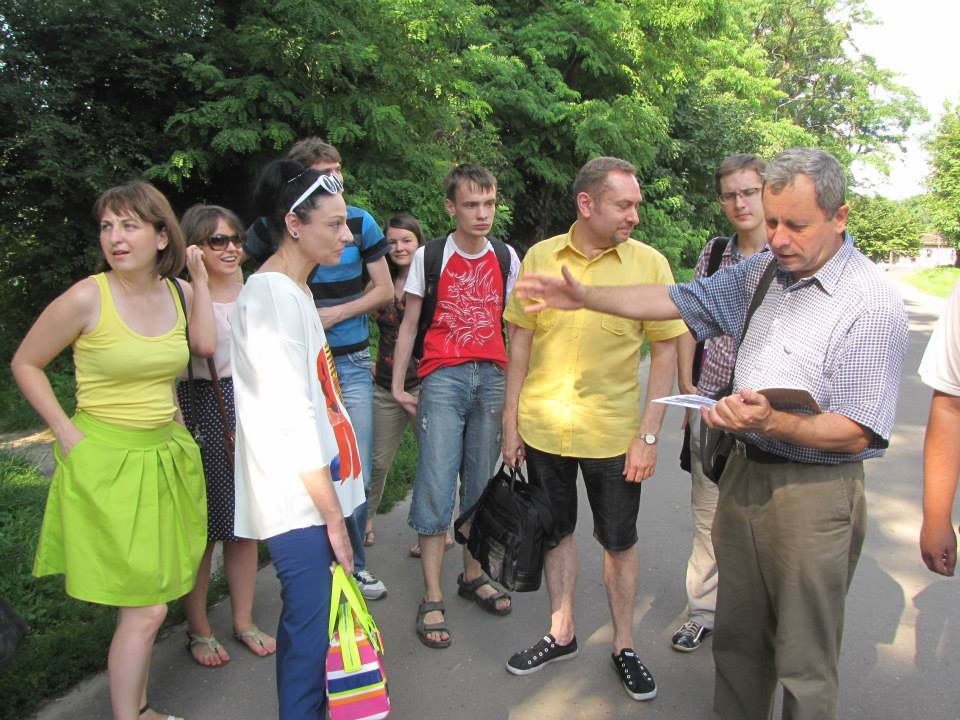Jewish History and Multiethnic Past in East Central Europe
July 14 - August 8, 2014
Center for Urban History, Lviv
The school aimed to attract the attention of young researchers to the multiethnic past of Ukraine as well as of East Central Europe. The four-week program offered participants an opportunity to deepen their knowledge and familiarity with the most current approaches and discussions in the study and teaching of societies with multicultural heritages. In this way we tried to encourage young historians and humanitarians to implement new research projects on the complex multiethnic history of Ukraine and to use new methods and interpretations. It was important to not only promote awareness of destroyed and displaced communities, which until World War II lived in the territory of modern Ukraine as well as in the wider region of East Central Europe, but also to create a new cultural and historical narratives, including through wider public discussion.
Program description
The program included an introductory course in Yiddish, a main course on the history of the Jews of East Central Europe with a focus on Jewish-Ukrainian relations, and a number of short courses that provided an overview and analysis of how one can use different approaches to learning and teaching the history of Ukraine in the context of the history of East Central Europe of the nineteenth and twentieth centuries.
- Курси лекцій та семінарів
-
-
Prof. Tarik Cyril Amar
Columbia University - History, Memory, Politics: Modern Ukraine and the Opportunities and Challenges of Diversity
-
Prof. Serhy Yekelchyk
University of Victoria, Canada - Multiculturalism in Ukraine's Revolutionary Age 1917-1930
-
Prof. Yohanan Petrovsky-Shtern
Northwestern University, Illinois - Jews in East Europe, 1772-1991 with a Focus on Ukrainian-Jewish Relations
-
Prof. John Paul Himka
University of Alberta - How Historians Can Make Use of Visual Materials: Paintings, Photos, Films
-
Dr. Joanna Lisek
University of Wroclaw - Yiddish course
-
Every day, except weekends, participants attended: two Yiddish classes and two history classes. Classes were held in a variety of formats: lectures, seminars, discussions, presentations, and discussions of movies and documentary films. For each course a reader was prepared and sent to participants a month and half before the start of school so that the participants could prepare for classes. The program also included guest lectures, discussions, film screenings, and tours of Lviv and historic towns of Galicia.
Upon successful completion of the school, participants obtained:
- Certificate specifying the attended courses
- Language certificate indicating the completion of the Yiddish course (introductory level) in the amount of 40 hours. To receive the certificate, participants must pass the exam in Yiddish at the end of the school.
Classes were being held in Ukrainian, Polish, and Russian.
